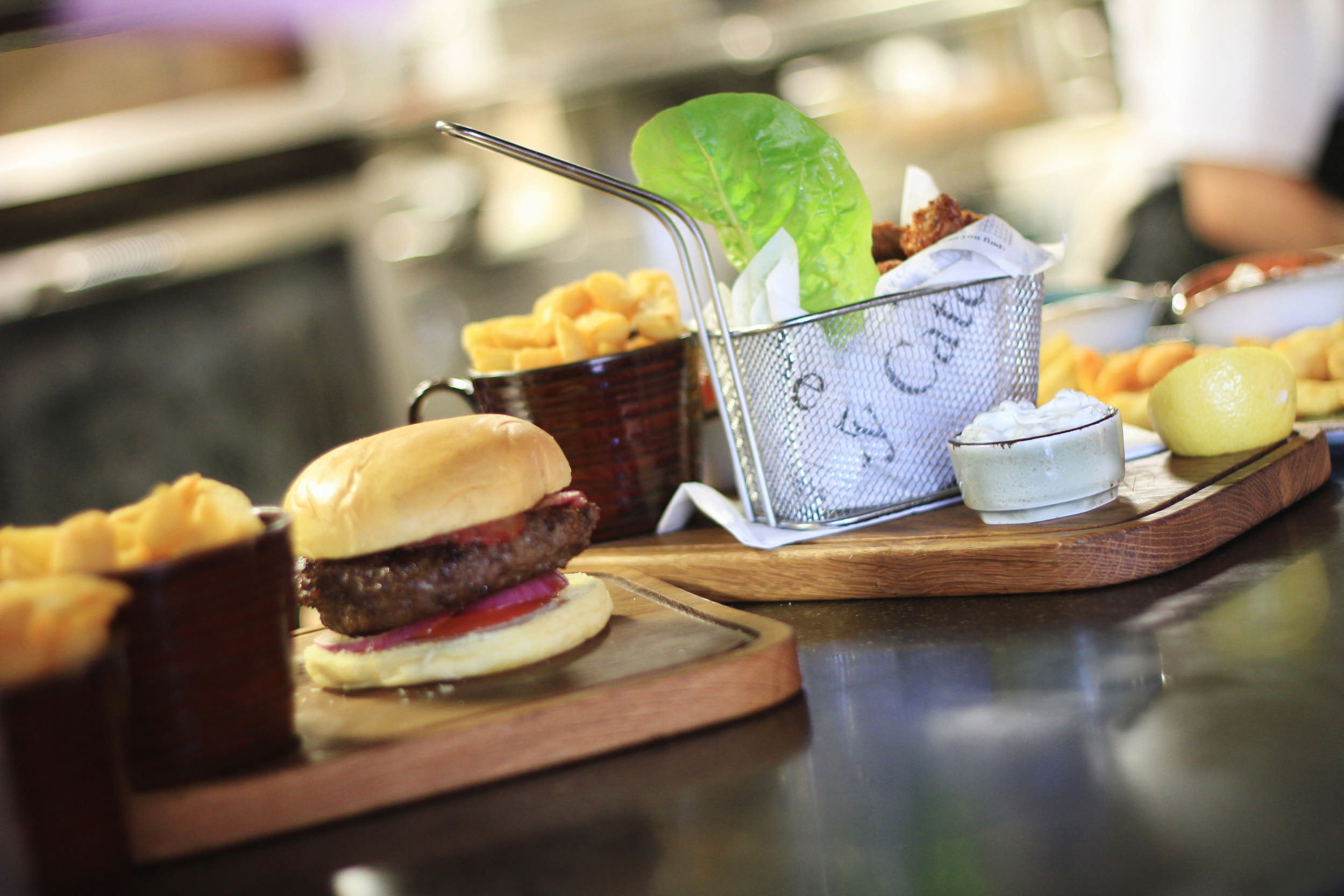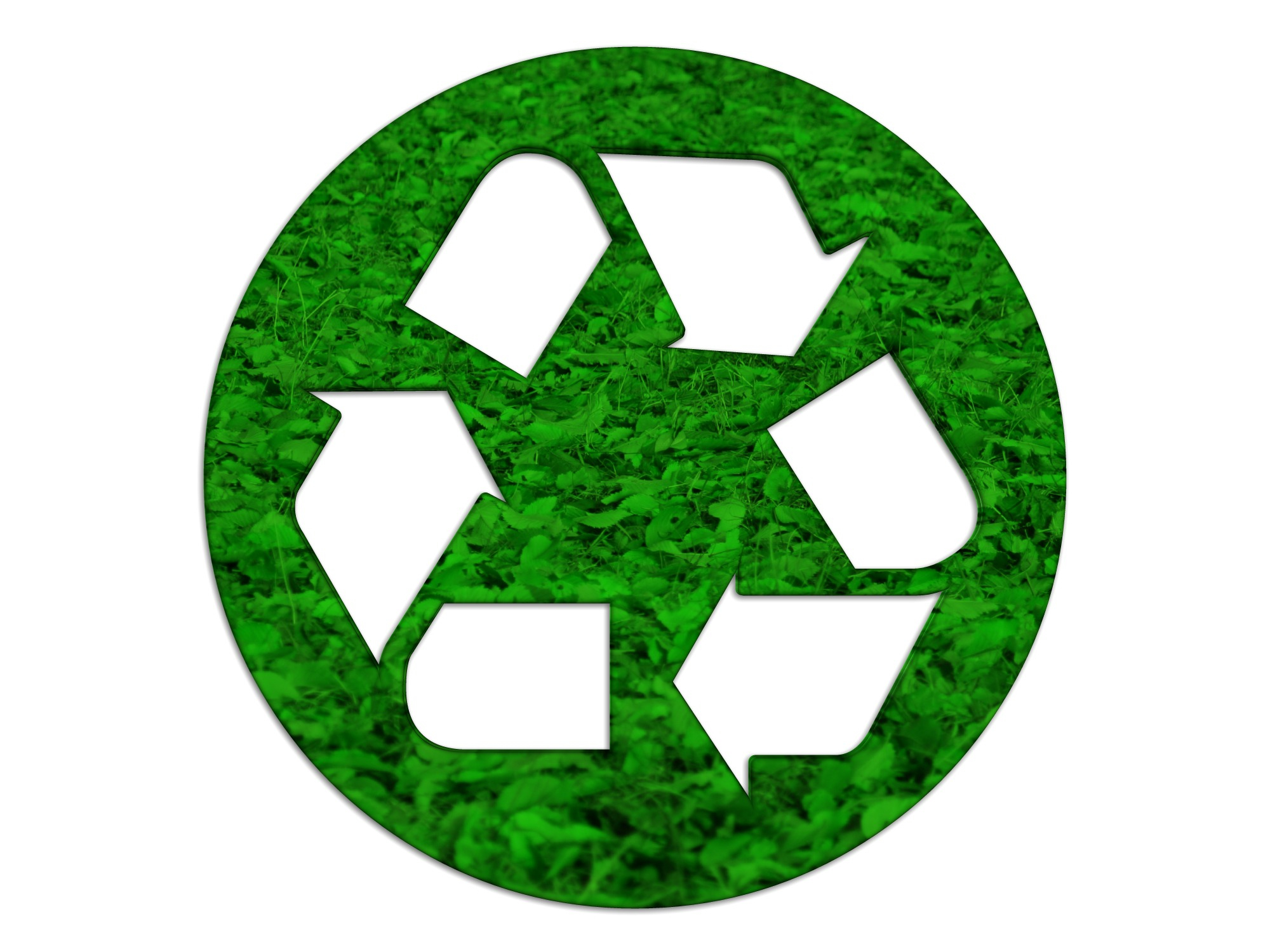Restaurants generate a tremendous amount of solid wastes including paper, cardboard, plastics, wood, food wastes, glass, metals, special wastes and hazardous wastes. Business-wise, restaurant owners and managers need to continually look for new and better ways to reduce costs and minimize overhead expenses while meeting Customers’ demands. Lincoln Waste Solutions provides a retail waste management framework where you can have one point of contact to manage all of your locations while receiving a minimum of a 10% discount in shared savings over what you were spending last year.
We will give you open access to your invoices so you will receive 50% of whatever amount we can save on your retail waste needs. This may come from roll-off, dumpsters or more efficient waste management This is where a solid waste management strategy comes in: simple procedures such as assessing and monitoring the types and amounts of garbage thrown away each day can lead to significant savings for the restaurant, as well as monitoring and resizing your dumpsters and roll-offs. The first step in reducing the amount of waste a restaurant produces is to conduct a waste audit.




